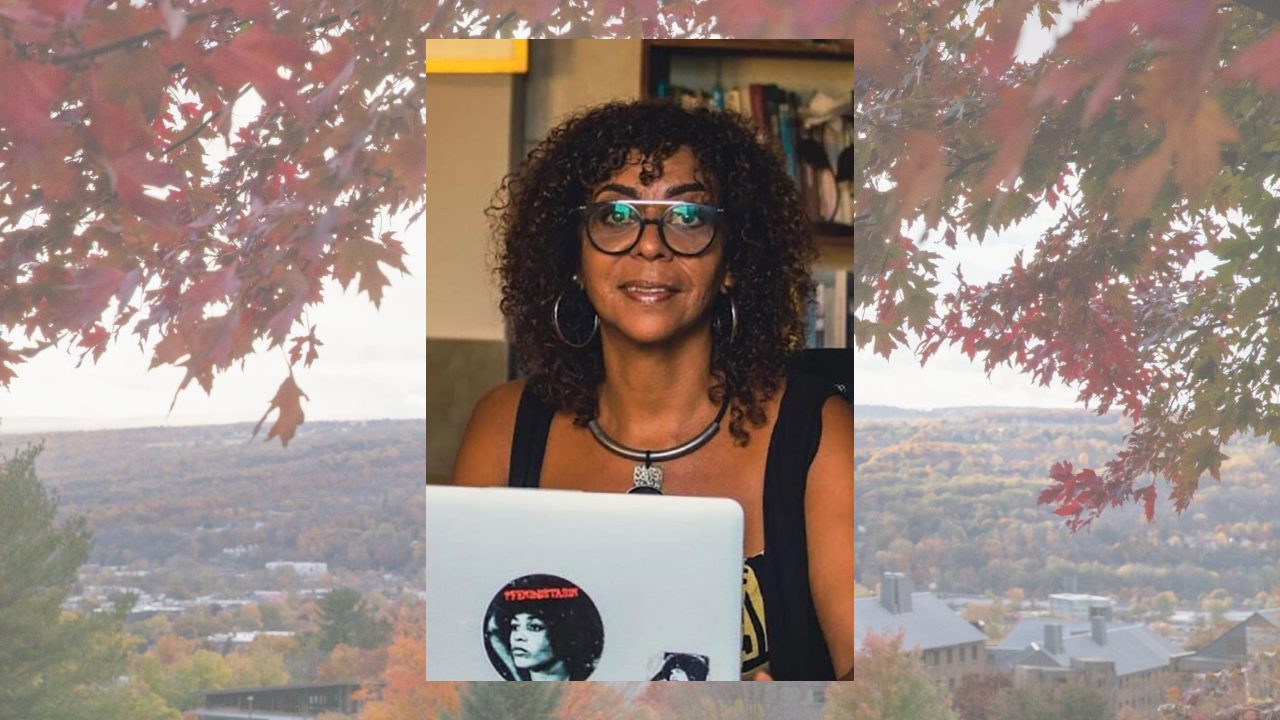Arts & Culture
Modern Film Flaws: Feminism is Not One Size Fits All
|
Feminism: Misunderstood, misused and undeniably important. Feminism is, as defined by the Merriam-Webster Dictionary, the “belief in and advocacy of the political, economic, and social equality of the sexes expressed especially through organized activity on behalf of women’s rights and interests.” And, despite centuries of effort, somehow the sexes are still not treated equally and feminism is still very much needed. While it may not be a revolutionary idea that sexism still exists in the world, it somehow always shocks me when the continued discrepancy between genders is publicly revealed, for instance, through films. Recent films and media have pulled this continuing sexism into the spotlight, and they have also brought attention to another issue: The misuse of feminism. Recently, people have been taking things too far, using feminism to turn beautiful concepts into things that are considered “bad” or “weak.” I think the continuation of these tropes would be incredibly dangerous for the next generation of young women. First, let us look at the recent Barbie Oscar snub, where Greta Gerwig, who created one of the most talked about and critically acclaimed movies of the year, was left out of the Best Directors Category, and Margot Robbie, the star and a critical producer of the film, was left out of Best Actress.









